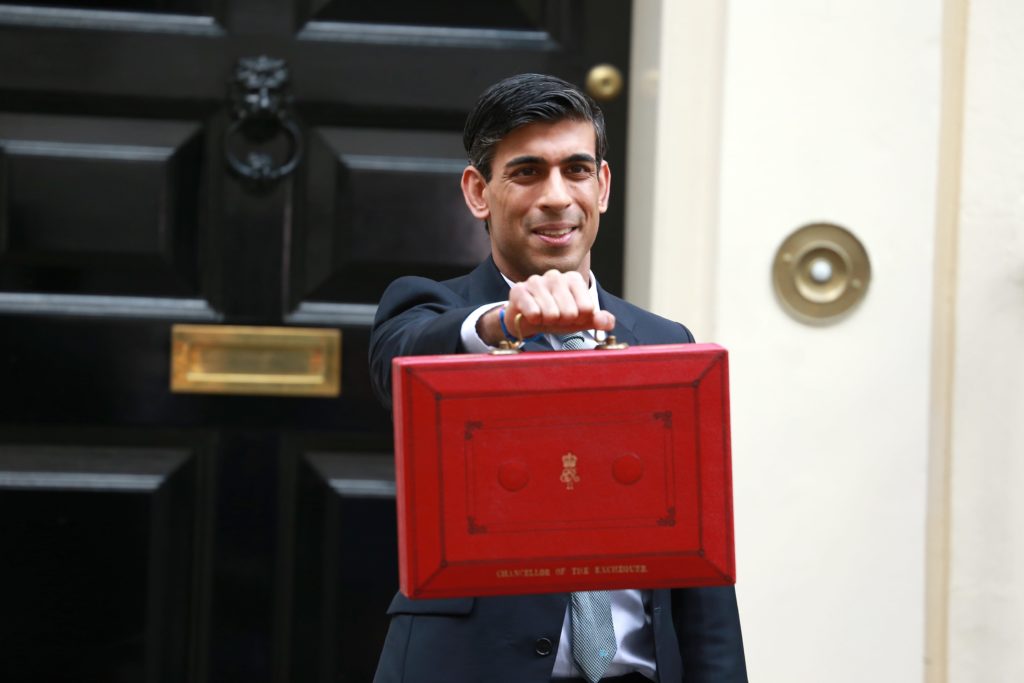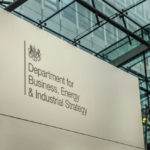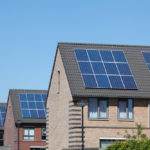Features -
Chancellor Unveils £3bn for Energy Efficiency

Chancellor of the Exchequer, Rishi Sunak, has outlined key details of a £3 billion plan which is intended to create thousands of ‘green collar’ jobs, by helping improve energy efficiency and conserve natural resources.
In a statement that was released on Monday (July 6), the Treasury revealed that Mr Sunak’s Summer Economic Update, which he delivered yesterday (Wed July 8th 2020), would ring-fence more than £3 billion for environmental initiatives.
The largest single project within the project would be the £1 billion commitment made to decarbonising public sector buildings, such as schools and hospitals, along with social housing through retrofitting.
Another £50 million is to be used to trial-early stage technologies, for example, heat pumps, in social rented homes. These are often the least energy efficient types of homes, and due to these heat pumps, families could see their annual energy bills fall by an average of £200 according to the Treasury.
In his statement, Mr Sunak stated that £1 billion of funding would be made available via the Public Energy Fund, and £2 billion is earmarked for a new Green Homes Grant, for those who are not living in social housing.
Applications for these schemes are due to open in early September.
Simon Ayers, CEO of TrustMark said:
“We welcome the Chancellor’s support for homeowners to carry out insulation and other retrofit measures around their homes. The only way to have a realistic chance of meeting the Government’s carbon neutral 2050 deadline is to improve the energy efficiency of the homes we already have, so this investment from the government is an important step in achieving that goal and starting the development of a long-term plan to retrofit a high percentage of the UK’s homes.
“The focus on green recovery and creating jobs, apprenticeships and momentum through other tax related areas is also good news for the construction industry, particularly small to medium sized house building and trades businesses. It will help protect jobs and create new opportunities for business to retrain and grow. Working with the sectors we will rebuild consumer confidence and support the delivery of quality work and the re-investment from the homeowner into a long-term plan for their property.
“Consumer confidence is key in getting the construction industry back up and running to full capacity, enabling it to make its full contribution to the country’s economic recovery – these measures, alongside our Work Safe, Safe Work campaign will go a long way in encouraging homeowners to have work done in and around their properties.
“However, more needs to be done to provide new and innovative green finance options, alongside the existing products for consumers, as well as the development of a retrofit roadmap for the industry to follow, so we are working to the same goal and delivering quality work that consumers can trust. We will be working with and collaborating across the energy and construction sectors to ensure businesses are supported and consumers can rely on the traders that carry out work in and around their homes making them fit for the future.”
Richard Hyams, former Norman Foster architect and founder of award-winning practice astudio, comments:
“The government’s pledge of a £3bn green investment package to decarbonise public buildings and minimise emissions from homes in the UK is a welcome step, we must use this incentive as a stepping stone to go further if we are to meet the UK’s net zero emissions goals by 2050.
“Buildings and construction together account for over a third of global energy use, and nearly 40% of all CO2 emissions in the UK. To ensure a green and socially responsible recovery from this pandemic, we need to fundamentally change how we look at these buildings. We think of buildings as absorbers of energy, but they should become generators. Beyond introducing new insulation for public buildings, we should be assessing its carbon footprint, omitting the use of fossil fuels and retrofitting buildings with innovative materials, such as smart glass or “living walls” lined with algae compounds that can generate biofuels.
“New insulation is vital in tackling fuel poverty as well as increasing the sustainability and affordability of existing homes, but we must also remember we face another crisis in affordable housing, with a third of local authorities missing their housebuilding targets even before the pandemic. The government and everyone in the sector must look to more efficient and affordable ways of delivering truly sustainable and accessible homes, and use this and other funded incentives to innovate and change the current broken housing model, technologies such as offsite manufacturing to reduce project timelines, lower carbon and waste production, while sacrificing neither the quality of our buildings nor the safety of the workforce.”
If you would like to read more like this, then please click here






